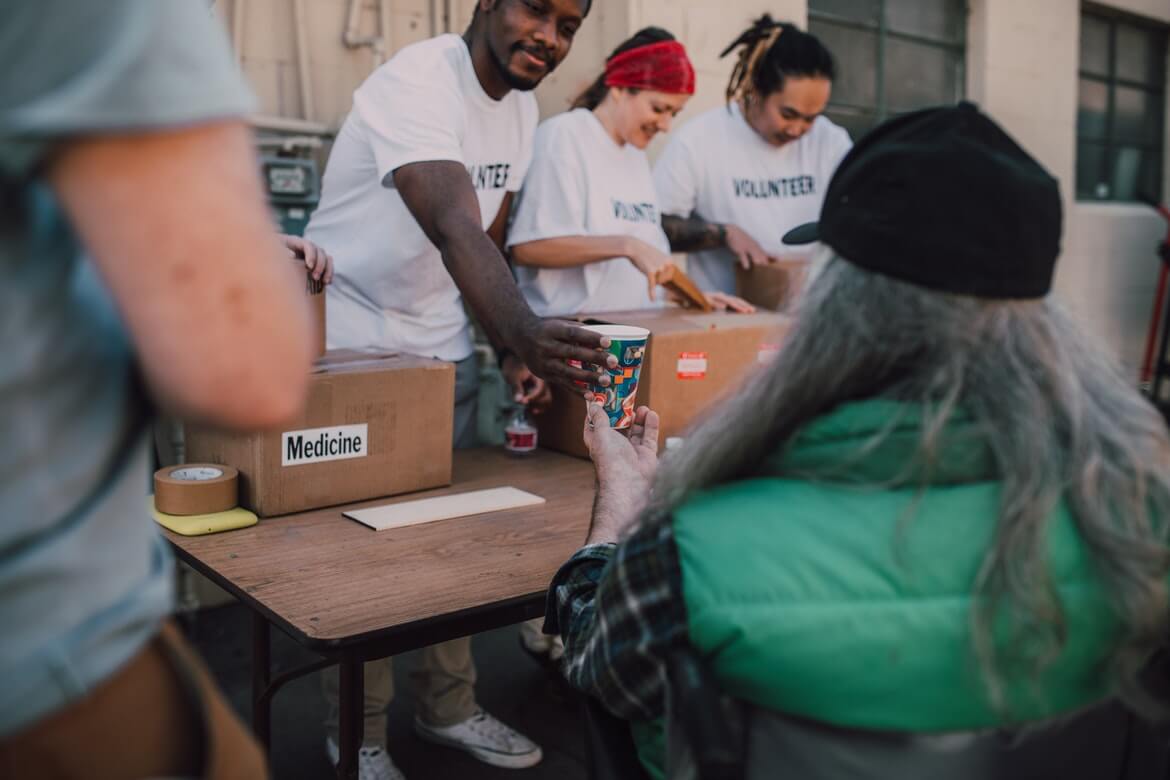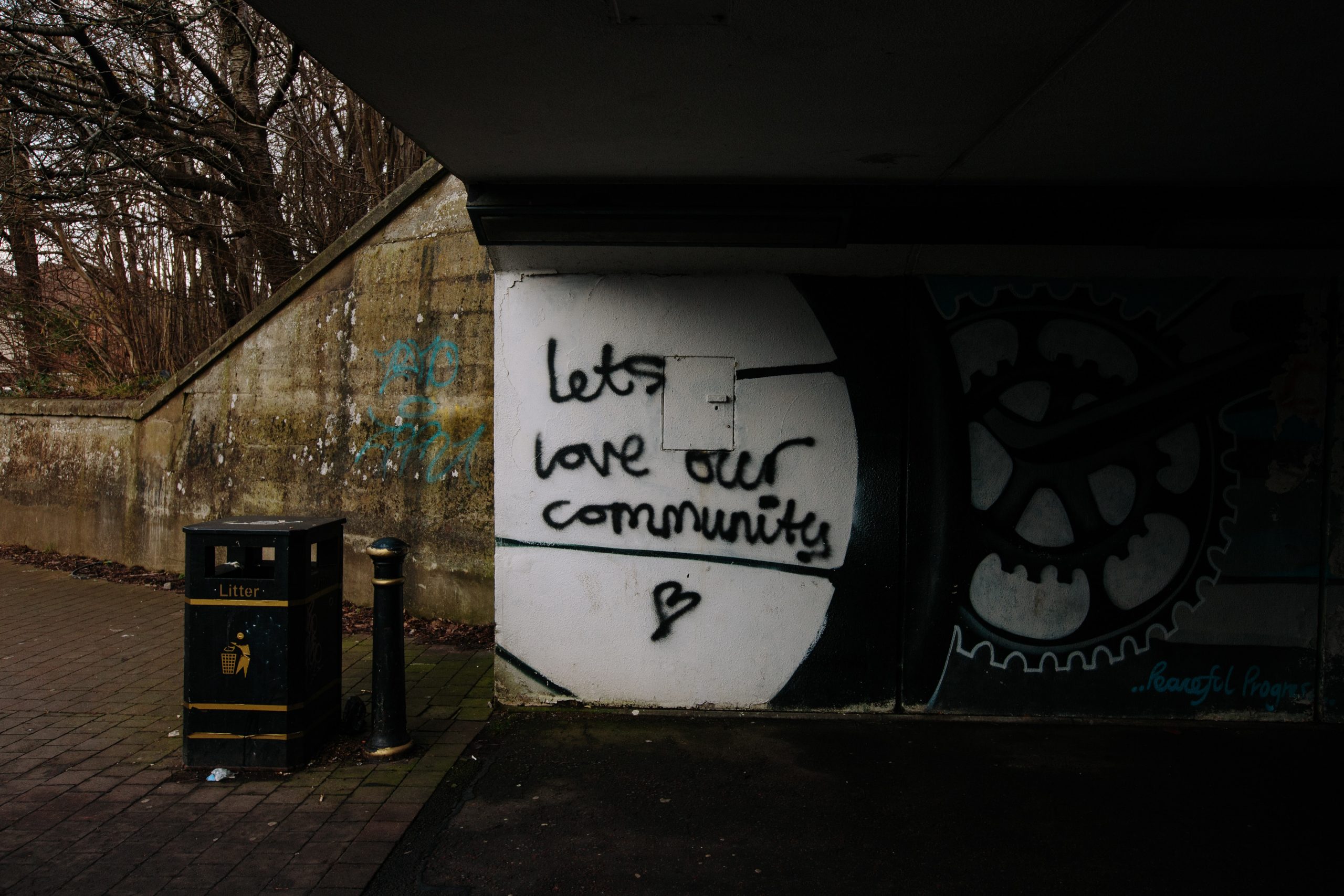We all have mental health as there is no health without mental health. However, there are myths and taboos attached to mental health among our communities. We therefore work towards reducing the stigma and discrimination by normalising mental health difficult conversations.
BAME Communities
BAME (Black, Asian and minority ethnic) communities often face individual and societal challenges that can affect their access to healthcare and overall mental and physical health. Their mental health is very important in the society because they cover a wide range of people with very diverse needs and each ethnic group has different experiences of mental health problems that reflect their culture and context. These communities are faced with challenges such as racism and discrimination, social and economic inequalities, criminal justice, mental health stigma and stereotyping and other challenges factors as follows.
Racism and discrimination
BAME communities can experience racism in their personal lives, ranging from casual slights to explicit hurtful comments and verbal or physical aggression. Research suggests that experiencing racism can be very stressful and have a negative effect on overall health and mental health. There is a growing body of research to suggest that those exposed to racism may be more likely to experience mental health problems such as psychosis and depression.
Social and economic inequalities
BAME communities are also often faced with disadvantages in society. They are more likely to experience poverty, have poorer educational outcomes, higher unemployment, and contact with the criminal justice system, and may face challenges accessing or receiving appropriate professional services. For example; among 16 to 24-year olds, unemployment rates are highest for people from a Black background (26%) and from a Pakistani or Bangladeshi background (23%) in comparison with their White counterparts (11%). Even when employed, men and women from some ethnic groups are paid less on average than those from other groups with similar qualifications and experience. Pakistani and Bangladeshi communities consistently have high rates of poverty, as do Black, Chinese and Other ethnic communities.
Mental health stigma
Different communities understand and talk about mental health in different ways. In some communities, mental health problems are rarely spoken about and can be seen in a negative light. This can discourage people within the community from talking about their mental health and may be a barrier to engagement with health services.
Criminal justice system
There is growing concern over unmet mental health needs among BAME individuals within the criminal justice system, particularly in the youth justice system. A report on the youth justice system found out that over 40% of children are from BAME backgrounds, and more than one third have a diagnosed mental health problem. The level of need may be even greater than this as it has also been found that BAME individuals are less likely to have mental health problems or learning disabilities identified upon entry to the justice system.
Other factors
Many groups face inequalities in physical and mental health. This can be due to factors like disability, sexuality, gender and age. In order to understand different BAME communities’ experiences of mental health problems and of services provided, it is also necessary to consider these other aspects in addition to race and ethnicity.
Different BAME groups may be more likely to face particular mental health concerns. Culturally appropriate treatment and interventions Research points to a strong need for greatly increased cultural competency in mental health services. This may include: practical improvements in language (interpreting, translating, literacy support), meeting faith-related and religious needs, culturally appropriate food, gender-specific services and staff, increasing the ethnic diversity of staff, and action to address and reduce experiences of racism and discrimination.
Refugees and asylum seekers
Refugees and asylum seekers may experience exclusion, marginalisation and inequalities of access to services. They are more likely to experience mental health problems than the general population, including higher rates of depression, PTSD and other anxiety disorders. The increased vulnerability to mental health problems that refugees and asylum seekers face is linked to pre-migration experiences (such as war trauma) and post-migration conditions (such as separation from family, difficulties with asylum procedures and poor housing).







